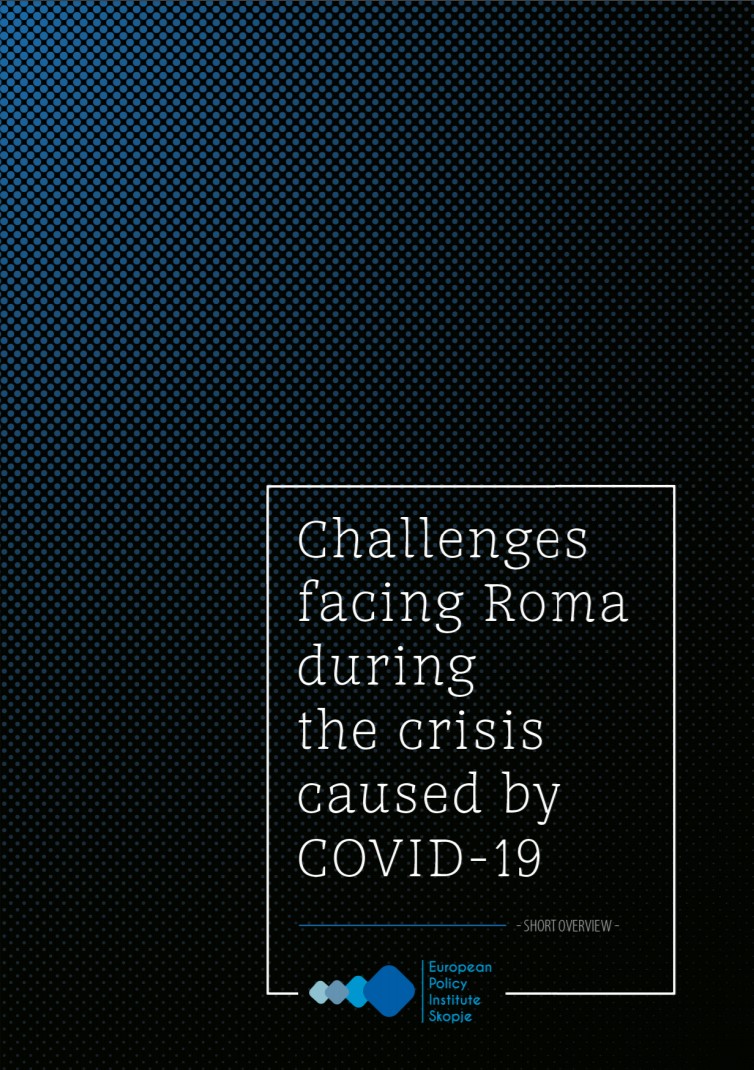The world pandemic has shifted social trends in the Republic of North Macedonia in which COVID-19 found the country in a state of pre-election period and a dissolved Assembly. The first case of the disease was registered on February 26, and by April 29, 1,465 confirmed cases were reported.
Meanwhile, for the first time in the country’s history, on March 18, the first decision ever was taken to declare a state of emergency throughout the country. In this state, the Government could enact decrees with legal force. The second decision was made on April 17. Although decrees were aimed at preserving the health of citizens, they (in) directly negatively affected the economy, and thus harmed the quality of life of citizens, and undermined the satisfaction of existential needs of the most vulnerable categories. Some of the most vulnerable categories are the citizens of the Roma ethnic community, still facing discrimination, poverty and exclusion. The consequences of COVID-19 particularly have affected the most disadvantaged people that depend on daily earnings in the informal economy, who live in substandard conditions and who have not been provided with the means to live a dignified life.
In this short overview, we analyze the consequences of COVID-19 until May 2020, regarding the Roma population regarding the right to education, the right to health, the right to work, freedom of movement, the basic conditions for exercising the rights and freedoms and activities of donors and NGOs during the state of emergency. Categorized recommendations by areas are attached to this document.

